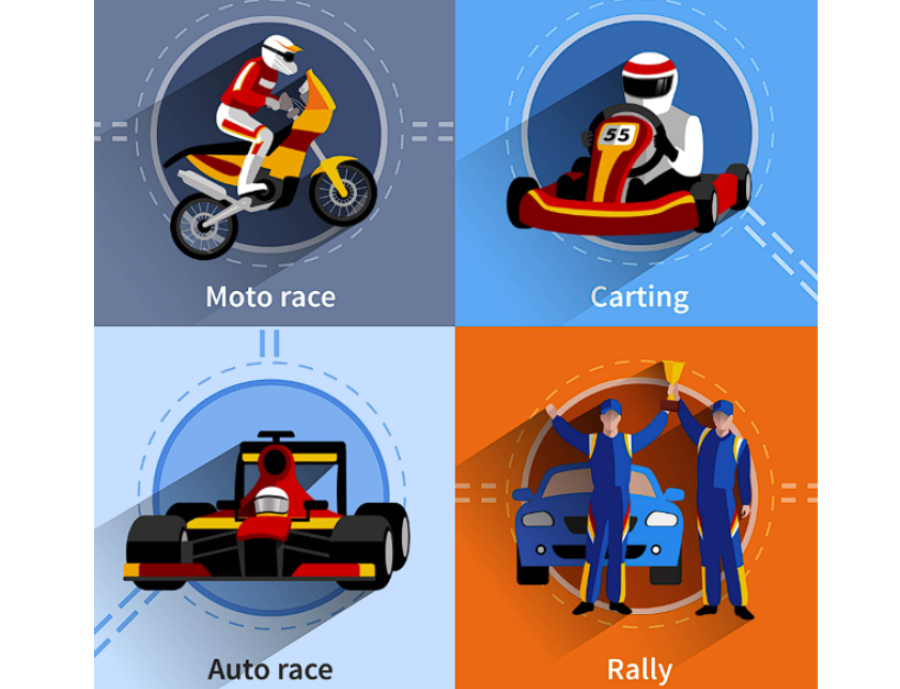The intersection of technology, mathematics and entertainment has never been as dynamic as it is today. The rise of online casinos has ushered in a new era where data science defines everything, from game design and player experience to risk management and responsible gambling strategies. As digital gaming grows more sophisticated, algorithms have become the invisible architects of fairness, engagement and profitability.
Behind every digital roulette spin or slot machine reel lies an intricate network of statistical models, real-time analytics and behavioral data. Many players prefer platforms with low deposit options like 5 Euro mindesteinzahlung casino, where they can start playing with minimal financial commitment. These casinos provide a risk-free opportunity to explore various games while still enjoying a full-fledged gambling experience. For players seeking trusted platforms that balance transparency with innovation, exploring top online casinos available in Ireland provides insight into how modern operators use science to enhance entertainment while maintaining regulatory compliance.
Over the past decade, Ireland’s iGaming sector has evolved into one of Europe’s most advanced digital ecosystems. Data-driven decision-making now informs everything from how bonuses are structured to how casinos identify at-risk players. Understanding the underlying science reveals not just the mechanics of online betting—but the psychology, ethics and economics that make it work.
The Mathematics of Chance: Randomness Meets Design
At the heart of every casino game lies one essential concept: randomness. Online casinos rely on Random Number Generators (RNGs), complex algorithms that ensure each spin, card, or roll is independent and unbiased. Certified RNG systems are tested extensively by regulatory authorities to guarantee fairness, using Monte Carlo simulations and statistical randomness testing.
However, true randomness alone isn’t enough. Developers use probabilistic modeling to shape game volatility, ensuring that outcomes remain unpredictable while maintaining consistent long-term payout rates.
This balance between unpredictability and predictability keeps players engaged without compromising integrity, a core principle of responsible gaming design.
Machine Learning and Predictive Analytics
Data science takes gambling far beyond chance. Modern casinos collect thousands of data points every second, from click patterns and session durations to betting histories and preferred game types. Machine learning algorithms analyze this data to predict player behavior, personalize content and detect anomalies.
For instance, recommendation engines function similarly to those used by Netflix or Spotify. By identifying behavioral clusters, they suggest games that match a player’s previous choices, increasing retention rates. On the operational side, predictive analytics help identify potential problem gambling patterns early, allowing intervention through pop-ups, cool-off periods, or spending limits.
AI in Game Balancing and User Experience
Artificial Intelligence plays a dual role in modern online casinos. On one hand, it powers game optimization, ensuring visual design, music tempo and reward frequency match player psychology. On the other, it strengthens cybersecurity by detecting suspicious activity and preventing fraud.
Advanced AI systems track everything from login locations to betting irregularities, identifying abnormal patterns in real time. These systems learn continuously, adapting to new types of player interactions and threats. In effect, every casino session contributes to a broader data ecosystem that refines the platform’s performance and security protocols.
Responsible Gaming Through Algorithmic Monitoring
Contrary to the perception of algorithms purely serving profit, data science also plays a crucial role in promoting player well-being. Many regulated operators employ predictive risk models that flag early signs of compulsive play. These models monitor frequency, bet size escalation and irregular time-of-day activity, indicators that might signal loss of control.
Once triggered, automated systems can prompt players with reminders, set voluntary limits, or restrict access. This approach aligns with Ireland’s emerging regulatory framework, which emphasizes transparency, player protection and accountability. It’s a compelling example of how data science can align commercial success with ethical standards.
Optimization of Casino Operations
Beyond the player experience, algorithms also transform internal operations. Casinos use data clustering and A/B testing to evaluate marketing campaigns, bonus offers and even website layouts. Statistical modeling allows decision-makers to allocate budgets based on predictive ROI rather than guesswork.
Payment systems, too, are optimized by machine learning. Fraud detection algorithms cross-analyze transaction histories, device fingerprints and geolocation data to identify irregularities within milliseconds. This automation reduces human error while strengthening compliance with global financial security standards.
The Economics of Algorithmic Gambling
The financial engine behind iGaming depends on precision forecasting. Through regression analysis and Markov chains, casinos model player lifetime value (LTV), churn probability and risk exposure. These predictive insights guide everything from bonus distribution to customer segmentation, ensuring sustainability in a highly competitive market.
Data also informs pricing strategies and jackpot distributions. Operators simulate millions of gameplay sequences to determine optimal prize frequencies that maintain excitement while protecting margins. What once relied on intuition is now guided by quantifiable evidence, a hallmark of modern data science.
Transparency, Ethics and Regulation
The growing influence of algorithms raises ethical questions. Who owns player data? How transparent are casino algorithms? Irish and EU regulators are tightening guidelines to ensure fair data usage and explainable AI. Under the EU Artificial Intelligence Act, high-risk algorithmic systems, including those in gaming must be auditable and bias-free.
Reputable platforms are increasingly publishing transparency reports that detail how RNGs are verified and how responsible gaming algorithms operate. This open-data approach is reshaping the industry’s reputation from opaque gambling operations to tech-driven entertainment ecosystems committed to accountability.
Future Outlook: Quantum Computing and Next-Gen Fairness
As technology evolves, the next frontier of online casinos may be defined by quantum computing and blockchain integration. Quantum RNGs promise near-perfect entropy unachievable with traditional systems, while blockchain ensures immutable record-keeping for every spin and transaction. The fusion of these technologies could redefine fairness and trust for decades to come.
Additionally, the use of reinforcement learning could create adaptive games that respond in real time to player feedback and behavior. These innovations are poised to make the iGaming industry one of the most technologically advanced entertainment sectors worldwide.
Conclusion: The Science Behind the Spin
Online casinos are no longer just about luck, they’re laboratories of data, analytics and artificial intelligence. Every roll of the dice is backed by statistical precision, every marketing campaign by predictive insight and every responsible gaming feature by ethical algorithms. Ireland’s gaming market stands as a model of how innovation, regulation and data science can coexist in balance. The future of gambling is not left to chance, it’s calculated, measured and intelligently designed.









